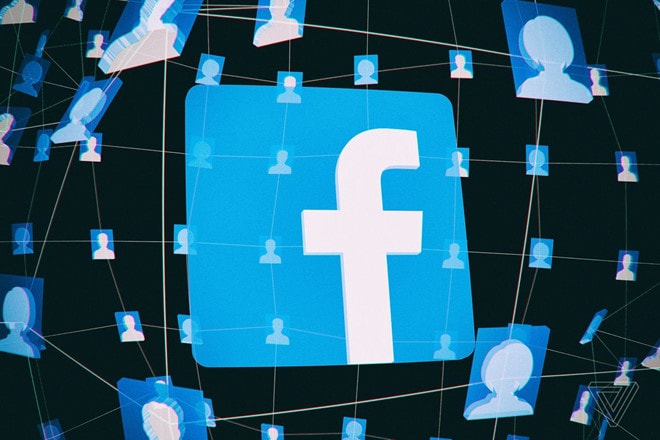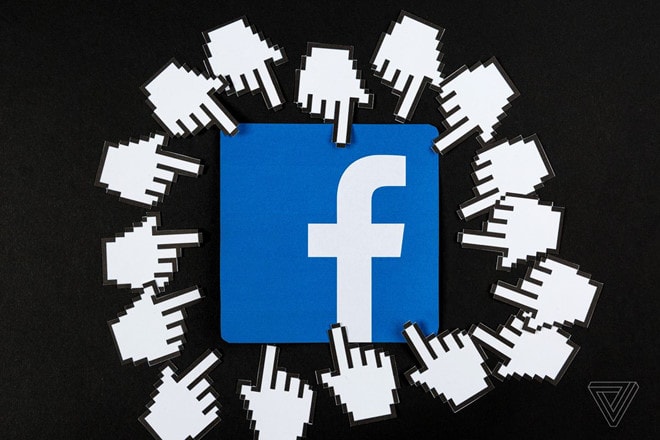Why is Facebook in trouble?
Not yet resolved the problem of fake news, child pornography videos... Facebook is facing a scandal of betraying its users, confused in defending and remaining silent in the face of media outrage.
The story of the Facebook and Cambridge Analytica scandal is taking a very strange turn.
A British researcher wrote an application for Facebook, which was available to more than 200,000 players, collecting information about players, along with their friends.
The researcher then illegally provided the information to a company called Cambridge Analytica, which helped Donald Trump with data during the 2016 election campaign.
The incident lasted for 2 years. Cambridge Analytica, using this data, tried to influence the psychology of voters. The amount of information provided was up to 50 million.
|
| After a series of scandals, Facebook is showing signs of losing control. Photo: The Verge. |
Last weekend, a series of pages likeNew York TimesgoodThe Guardianbrought the matter to light. A group of US lawmakers called CEO Mark Zuckerberg to ask how Cambridge Analytica got hold of so much user data.
The British government has also promised to investigate. Facebook shares fell more than 10% on March 19. The Federal Trade Commission announced on the morning of March 20 that it would investigate the incident.
It’s not how Cambridge Analytica influenced the election that matters. It’s how they got hold of the data (even though Facebook says it deleted it) that has analysts worried about the world’s largest social network’s ability to keep data safe.
“This is the most surprising thing I've ever encountered,” Christopher Wylie, a former Facebook employee, toldThe Guardian.“For two years, they did not check at all to see if the data was deleted. All you had to do was tick a box and send it.”
Facebook’s ineffectiveness is causing outrage around the world. The Cambridge Analytica scandal is just one part of it. This March alone, people can name a series of scandals at Facebook such as allowing information to incite violence in Sri Lanka, the search bar automatically suggesting pornographic content, and many other moves related to politics and violence.
Taken together, these incidents paint a picture of a landscape where crises are growing faster than they can be resolved.
Facebook has struggled to combat fake news and remove terrorist propaganda, but its initial encouraging results have been largely wiped out by a series of new scandals, mainly stemming from Facebook’s misuse.
Typically, Facebook is quick to apologize to users for the misuse of information, promising to do better in the future.
However, in the Cambridge Analytica case, they defended themselves, claiming the issue had been resolved a year earlier. This angered lawmakers and officials in many countries and prompted investigations. This scandal, therefore, took a different turn.
|
| Facebook is at the center of criticism after a breach exposed the personal data of 50 million users. |
On March 19, Facebook said it would hire an external team to investigate the incident. But before it could do so, the UK Information Commissioner’s Office ordered it to stop and seek permission to investigate on its own.
In other words, Facebook, in an effort to right itself, has found itself in the crosshairs of the government. As of March 20, neither CEO Zuckerberg nor COO Sheryl Sandberg have made any official statements.
In previous incidents, Facebook apologized very quickly. However, after a series of scandals in March, it seems that their top leaders have run out of words.


